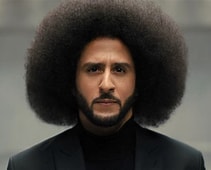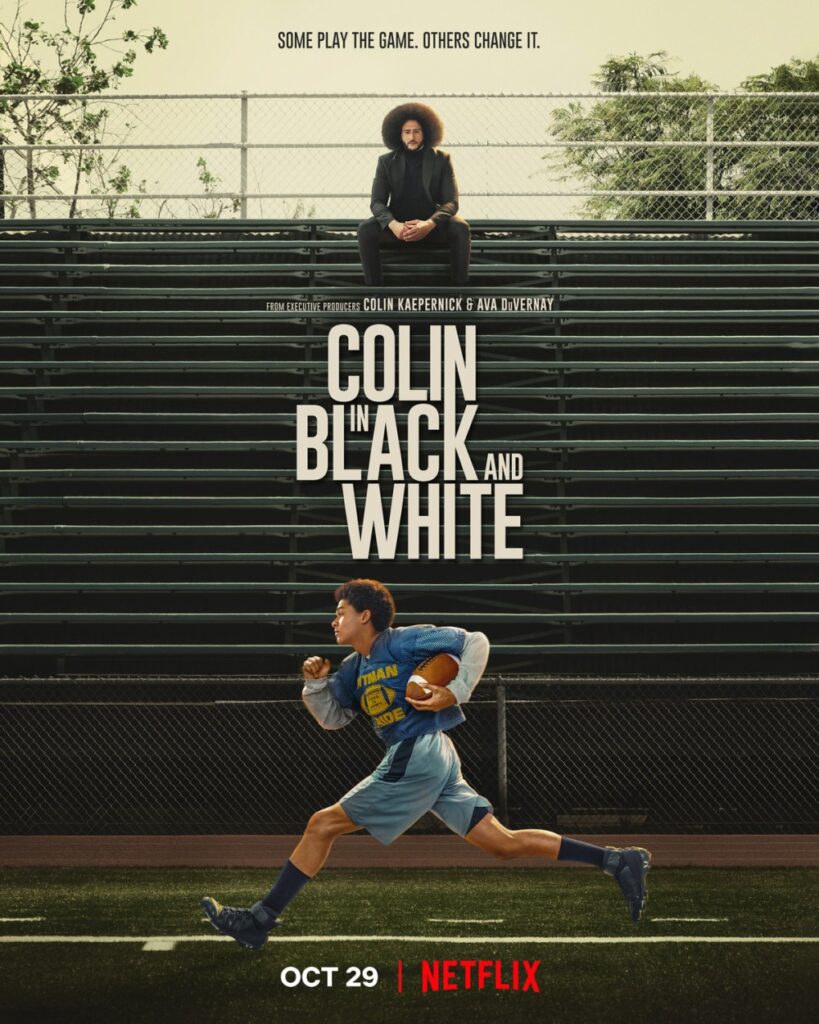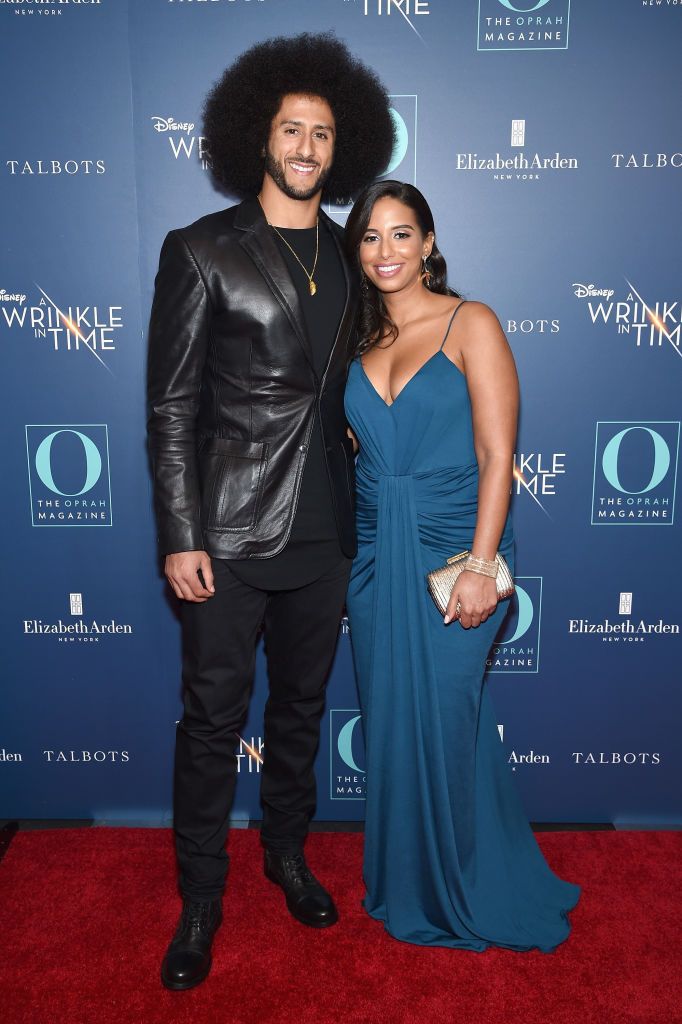Colin Kaepernick had died a death from a thousand microaggressions long before he took the knee in 2016. Destined to become a legendary quarterback, Kaepernick’s career stalled once he protested police brutality and injustice while playing for the San Francisco 49ers. As politicians on both the left and right excoriated him, and fans turned against him, Kaepernick held his ground, in effect becoming unsignable as a free agent.
Colin in Black and White, the new limited series on Netflix, frames Kaepernick’s childhood as a three-letter athlete in the context of Black history and American social trends. Funny, heartbreaking and illuminating, the series casts the effervescent Jaden Michael as the young Colin, and features Kaepernick himself as an ever-present, on-screen narrator.
When Kaepernick himself looks into the camera and says of this adoption by white parents (after the baby they were waiting for became unavailable) “I have never been anyone’s first choice,” the series’ leitmotif becomes clear.
Kaepernick neither complains about his situation nor does he attempt to convince anyone to join his fight. His stance on injustice—and the ending of his career—comprises less than two minutes of the six-part series. Instead, he invites the viewer to walk a few hours in his cleats. At a time when the country is divided into race- and politics-based camps, this is a worthwhile exercise.
As a Black woman who neither watches nor understands football, I learned a lot about Kaepernick from this series, and my respect for him has grown threefold.
Because I don’t represent the demographics of most film critics, many of whom are obsessed with whether his activism is ill-conceived and how much money he made I will point out two of the scenes that jump out at me and whose significance most likely went over critics’ heads: 1) Colin shivering in the car as his parents blast the air conditioner on the way to meets. 2) Colin greedily eyeing soul food in the homes of Black people with the desperation of a man lost in the desert. Sweet potato looks like pumpkin pie in this landscape. At home Colin douses his food at home with condiments.
Kaepernick was expected to live the life of an average athlete. He was supposed to hook up with a blonde cheerleader, be grateful, and shut up and play. He has done none of those things. His partner is the brown, curvy and mouthy Egyptian-American TV host Nessa Diab, who from time to time shoots off finger-wagging tweets to the NFL in defense of her man.
Kaepernick, always more measured than her in his public statements, refers to her as “Queen.” As someone who wishes Kaepernick well I can only hope that the haunting loneliness of his childhood, the feeling that no one had his back when it counted most, is put to rest by his relationship with Queen.
Colin in Black and White is must-see TV whether you like football or not, whether you agree with his activism or not and despite the barrage of hatred from the former state TV and others of their ilk. Riveted, I watched the whole series in two days.
Kudos to Ava DuVernay, Kaepernick’s co-creator on the series.




You must be logged in to post a comment.